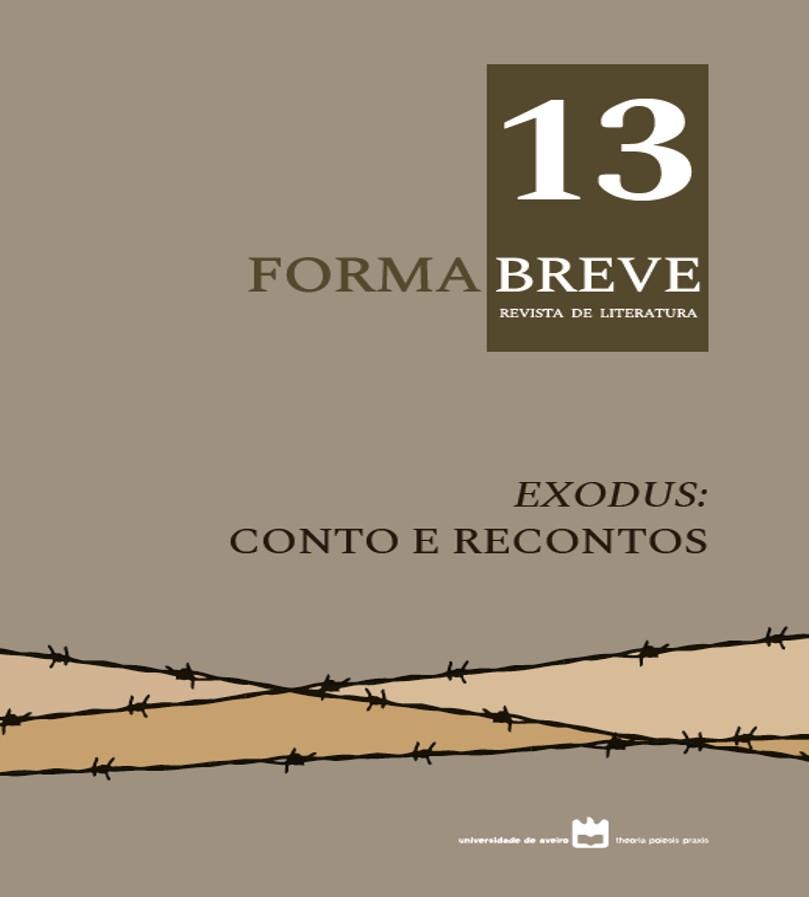Discursos e Práticas da/na Política Desenvolvimentista da Ditadura Militar Brasileira: Efeitos sobre os Povos Indígenas
Resumen
Durante a ditadura militar brasileira que vigorou de 1964 a 1985, vários foram os ataquesaos direitos dos povos indígenas. A Comissão Nacional da Verdade – CNV conseguiu apurar que deslocamentos forçados de suas terras, torturas, prisões, estupros, práticas de genocídio foram algumas das violações praticadas pelo Estado brasileiro, em associação com setores empresarias e ruralistas, contra os povos indígenas. Este trabalho centra-se nas violações referentes ao esbulho de terras e remoções forçadas dos povos indígenas de seus territórios e seus efeitos sobre comunidades indígenas afetadas no período da ditadura militar brasileira e que foram registrados no Relatório da CNV (Brasil). O objetivo é analisar, nos projetos desse Estado de exceção, discursos e práticas que fundamentaram a política de espoliação territorial e seus efeitos sobre as comunidades afetadas, com foco para os mecanismos discursivos que fundamentam a resistência indígena na luta pelo direito ao território. O trabalho sistematiza que a questão do território envolve relações de poder que ultrapassam o meramente político, pois necessita ser tratado em seus aspectos culturais e simbólicos, o que foi desconsiderado no Estado de exceção, em função de seu projeto político-econômico. Ademais, apresenta a relação território e comunidades indígenas como constitutivas das identidades desses povos e, portanto, a usurpação do território pelo Estado, no contexto analisado, constituiu-se em grave violação aos direitos dos povos indígenas.


